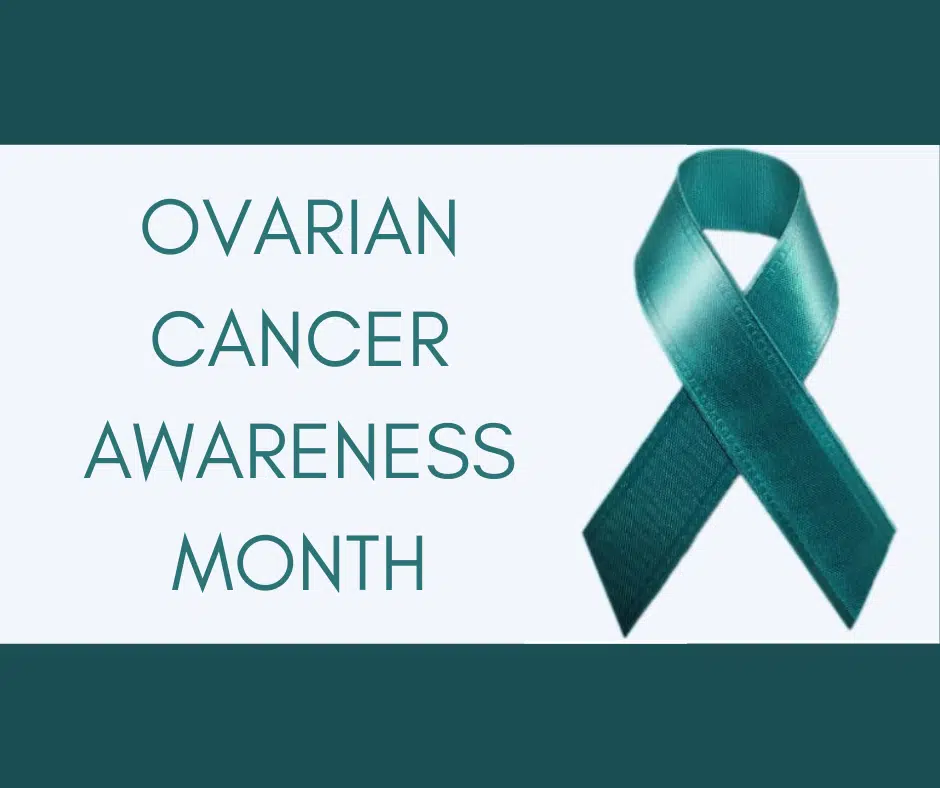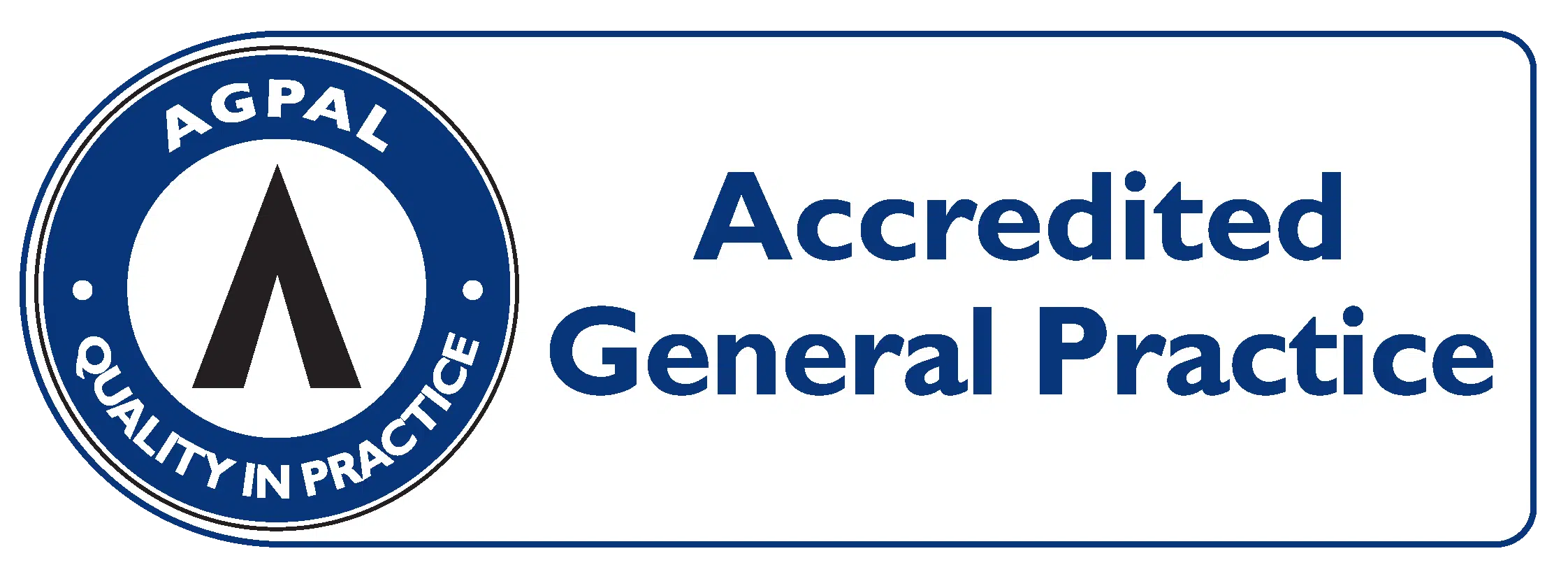
Ovarian Cancer
by Dr Raya GRISHINA-GUNN
Around 1400 new cases of ovarian cancer are diagnosed each year in Australia. The risk of being diagnosed before age 85 is 1 in 85.
Ovarian cancer is the eighth most common cancer affecting women in Australia.
Ovarian cancer is a malignant tumour in one or both ovaries.
While there are many types of ovarian cancer the three most common types of ovarian cancer are: the common epithelial type (90% of cases) that arises from the cells on the outside of the ovary; the germ cell type (around 4% of cases) that arises from the cells which produce eggs; and the rare stromal type arising from supporting tissues within the ovary.
The five-year survival rate for ovarian cancer is 45.7%
There are often no obvious signs of ovarian cancer, however one or more of the following symptoms may be caused by ovarian cancer:
- abdominal bloating
- difficulty eating or feeling full quickly
- frequent or urgent urination
- back, abdominal or pelvic pain
- constipation or diarrhoea
- menstrual irregularities
- tiredness
- indigestion
- pain during intercourse
- unexplained weight loss or weight gain.
These symptoms can also be caused by other conditions but if you are experiencing any of these symptoms, contact your doctor.
Some factors that can increase the risk of ovarian cancer:
- Age (risk increases for women over 50)
- Family history of ovarian, breast or bowel cancer, especially if the relative was under the age of 50 at diagnosis.
- Changes in the genes BRCA1 or BRCA2
- Being of Ashkenazi Jewish descent
- Early onset of periods (before 12 years) and late menopause (over the age of 55)
- Women who have not had children or had their first child after the age of 35
- Using oestrogen only hormone replacement therapy or fertility treatment.
Factors that may reduce the risk of developing ovarian cancer include
- Managing weight: adopting a healthy whole food plant-based diet and doing regular exercises
- Not smoking or stopping smoking
- Using the oral contraceptive pill for several years (>3),
- Having the fallopian tubes tied, or having ovaries removed if there is a strong Family history of Ovarian cancer, or if there is BRACA1 or BRACA 2 gene present.
- Having children before the age of 35 and Breastfeeding.
It is important to remember that having risk factors does not mean that you will get ovarian cancer. It means that the risk is higher than the general population. So, it is important to keep healthy, try to prevent it and to consult your doctor if you are concerned.
If you are experiencing any symptoms or have any concerns, please discuss with your GP.
References
https://www.healthline.com/health/ovarian-cancer/ovarian-cancer-prevention
https://www.cdc.gov/cancer/ovarian/basic_info/prevention.htm
https://www.ovariancancer.net.au/
https://www.cancer.org.au/cancer-information/types-of-cancer/ovarian-cancer




Recent Comments